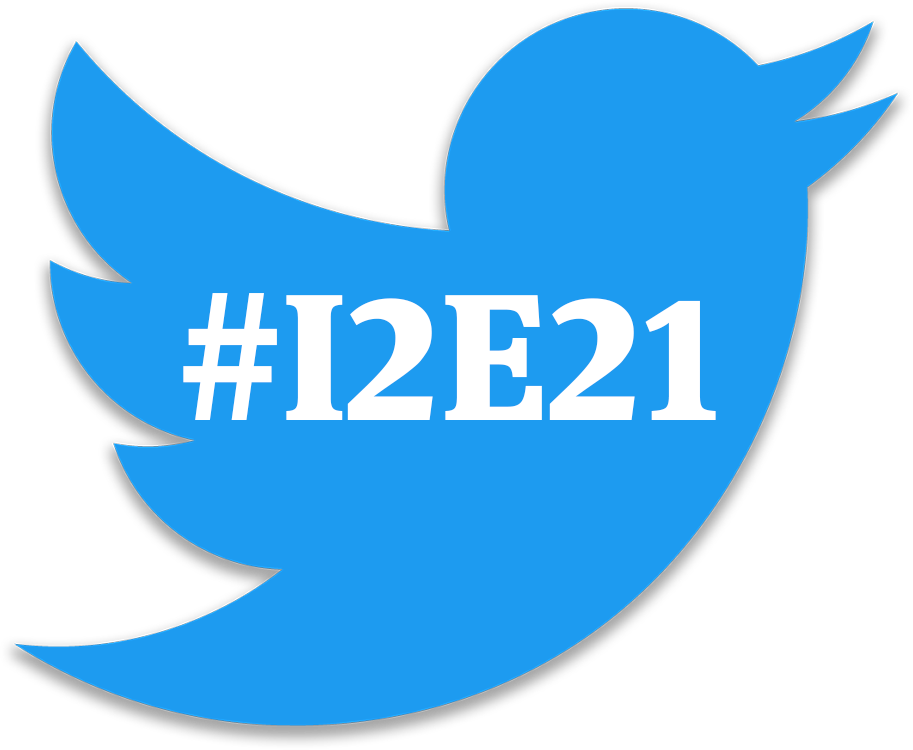Unit 2: On What is Morality Grounded?

Photo: Andrew Eccles / NBCU Photo Bank via Getty Images.
One widely assumed claim about the link between morality and religion goes something like this: “If there is no God, everything is permitted”. That is, without God there is no morality. In this module, we examine Divine Command Theory, which proposes and defends such a connection.
In this examination, we have four learning outcomes. At the end of this module, you will be able to…
- Summarize a substantial portion of the discussion in Plato’s Euthyphro,
- Explain what meant by Divine Command Theory,
- Evaluate the challenges that Euthyphro’s Dilemma raises for Divine Command Theory, and
- Compare and contrast Divine Command Theory with Moral Relativism.
Read This:
|
Euthyphro 
|
Does Morality Depend on Religion? 
|
Context
In the Euthyphro, Plato (428/427 B.C.E. or 424/423 B.C.E.–348/347 B.C.E.) depicts a (presumably fictional) conversation between his teacher, the philosopher Socrates (470 B.C.E.–399 B.C.E.), and Euthyphro about what it means to say that something is holy or unholy. During their discussion, Euthyphro provides several different definitions of holiness, each of which Socrates refutes.
After Euthyphro presents his third definition of holiness, Socrates asks a famous question, which we may call Euthyphro’s Dilemma: “Is the holy loved by the gods because it is holy? Or is it holy because it is loved by the gods?” (Plato, ca. 380 B.C.E./1989, p. 50). This dilemma proves devastating to Euthyphro’s belief that holiness is simply whatever the gods say it is. In the end, Socrates leads Euthyphro to conclude that the commandments of the gods must conform to a standard that is itself independent of the gods’ will.
This selection from the Euthyphro ends with Euthyphro complaining that Socrates is somehow causing Euthyphro’s claims to wander into contradiction and failure. (If you are curious, the dialogue itself ends later with Euthyphro fleeing because he remains unable to satisfactorily respond to Socrates’ questions about the nature of holiness.)
In any case, the reading from James Rachels and Stuart Rachels goes on to explain how Socrates’ argument casts serious doubts on Divine Command Theory. This is the view, held by many who worship in the Abrahamic faiths, that what is morally right and what is morally wrong is based solely upon the will of God.
Reading Questions
As you read, keep these questions in mind:
- What is Euthyphro’s first definition of the holy and the unholy (around 5e on page 45)?
- Why does this first definition fail to satisfy Socrates?
- What is Euthyphro’s second definition of the holy and the unholy (around 7a on page 46)? (Yes, for some reason, the translator calls this the “first definition”. However, it is obviously Euthyphro’s second definition, coming after the one just asked for in the previous two reading questions.)
- Why does this second definition fail to satisfy Socrates?
- In refuting the second definition, Socrates makes an extremely important distinction (around 7b–e on pages 46 and 47) between two types of disagreements. According to Socrates, how to people resolve disagreements about measurement? But what kind of disagreements are not so easily settled, and might lead to violent conflicts? Can you guess how Socrates thinks this second type of disagreement ought to be settled?
- Is Socrates’ distinction between two types of disagreements similar to a distinction we have already seen? (Hint: The answer is yes, but can you remember this distinction from Unit 1 of the course?)
- What is Euthyphro’s third definition of the holy and the unholy (right at 9e on page 50)? (Now the translator calls this the “second definition”. However, for reasons already mentioned above, this is actually Euthyphro’s third definition.)
- How does Socrates use Euthyphro’s Dilemma to challenge this third definition of holiness?
- How do James Rachels and Stuart Rachels characterize Euthyphro’s Dilemma, and how does this dilemma apply to the relationship between religion and morality?
- Why do Rachels and Rachels believe Euthyphro’s Dilemma presents a challenge to such a theory?
Although I strongly suggest that you write out brief answers to these questions, you do not have to turn in written responses. You do, however, need to be prepared to answer questions like these on module quizzes and the unit exams.
References
Plato. (1989). Euthyphro. In R. E. Allen (Trans.), Euthyphro, Apology, Crito, Meno, Gorgias, Menexenus (pp. 41–58). Yale University Press. (Original work from ca. 380 B.C.E.)
Rachels, J., & Rachels, S. (2018). Does morality depend on religion? In The elements of moral philosophy (9th ed., pp. 50–65). McGraw-Hill.
Watch This:
|
Video 1 
|
Video 2 
|
|
Video 3 
|
Video 4 
|
Do This:
|
Module 9 Quiz 
Due: September 25 |
|
|
5 Tweets this Week 
Due: September 25 |


